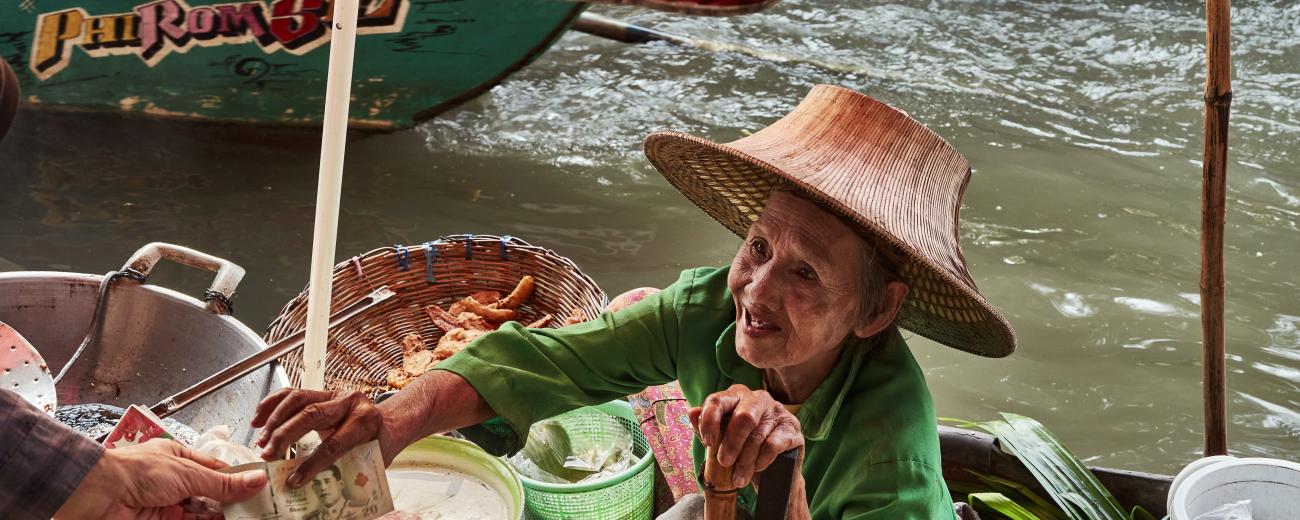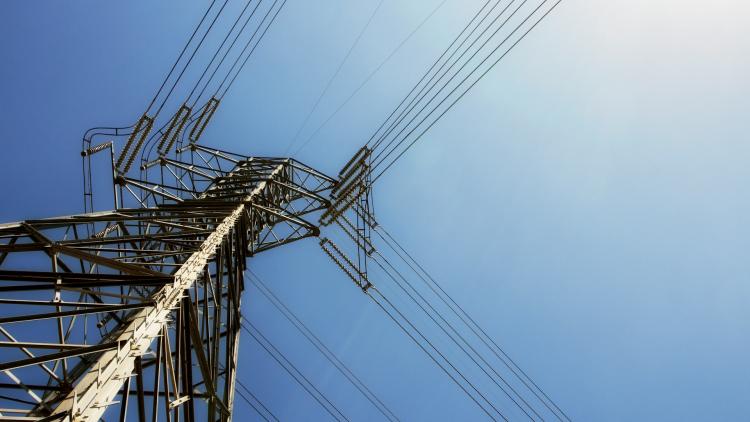
Postcolonial, Decolonial, and Beyond: Intellectual and Institutional Challenges

Key information
- Date
- Time
-
5:00 pm to 6:30 pm
- Venue
- Online
About this event
What does it mean to “decolonise” economics? This is a difficult question for two reasons.
First, we must respect the intellectual and political projects of indigenous scholars who have chosen the term “decolonial” in conversation with and against other terms such as "intersectional" or "postcolonial". Teasing apart the nuances of intellectual and political alignment that generate new terminologies in distinction to previous ones is in itself a work of respect for the projects behind the terms. The first three parts of this talk will focus on this (limits of mainstream, shared elements of critique across frameworks, and specific elements that reflect the invocation of decolonising).
Second, because naming the problem and frames is an important first step – but nevertheless just a first step. A second step entails thinking about our own institutional practices and professionalisation – what can we do to decolonise economics in practical terms? The last two parts of this discussion highlight the importance of institutional practices for making this change happen.
Speaker: S Charusheela, University of Washington
S Charusheela is Professor at the School of Interdisciplinary Arts and Sciences (IAS), University of Washington, Bothell (US). She has served as editor of the journal Rethinking Marxism (August 2005–July 2009), as elected member of the Governing Board of the Cultural Studies Association (2009–2015), and as elected member of the Board of the International Association for Feminist Economics (IAFFE) (2003–2006, 2007–2010). Her research examines the relationship between gender, development, identity, and postcoloniality/globalisation. Her co-edited volume (with Eiman Zein-Elabdin) Postcolonialism Meets Economics was published by Routledge in 2004. Selected other publications include “Response: History, Historiography, and Subjectivity,” and “Engendering Feudalism: Modes of Production Debates Revisited” (both in Rethinking Marxism), “Gender and the Stability of Consumption: A Feminist Contribution to Post Keynesian Economics” and “Social Analysis and the Capabilities Approach: A Limit to Martha Nussbaum’s Universalist Ethics” (both in the Cambridge Journal of Economics), and “Intersectionality” (in Deborah Figart and Tonia Warnecke eds. Handbook of Research on Gender and Economic Life). An interview with Dr. Charusheela about her work and contributions to the field can be found in the volume, What is Heterodox Economics?: Conversations with Leading Economists (Mearman, Berger and Guizzo eds., Routledge Advances in Heterodox Economics Series, 2019).
The event can be joined through this link.
Organiser: Surbhi Kesar (sk156@soas.ac.uk)

